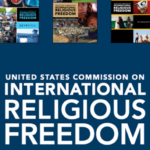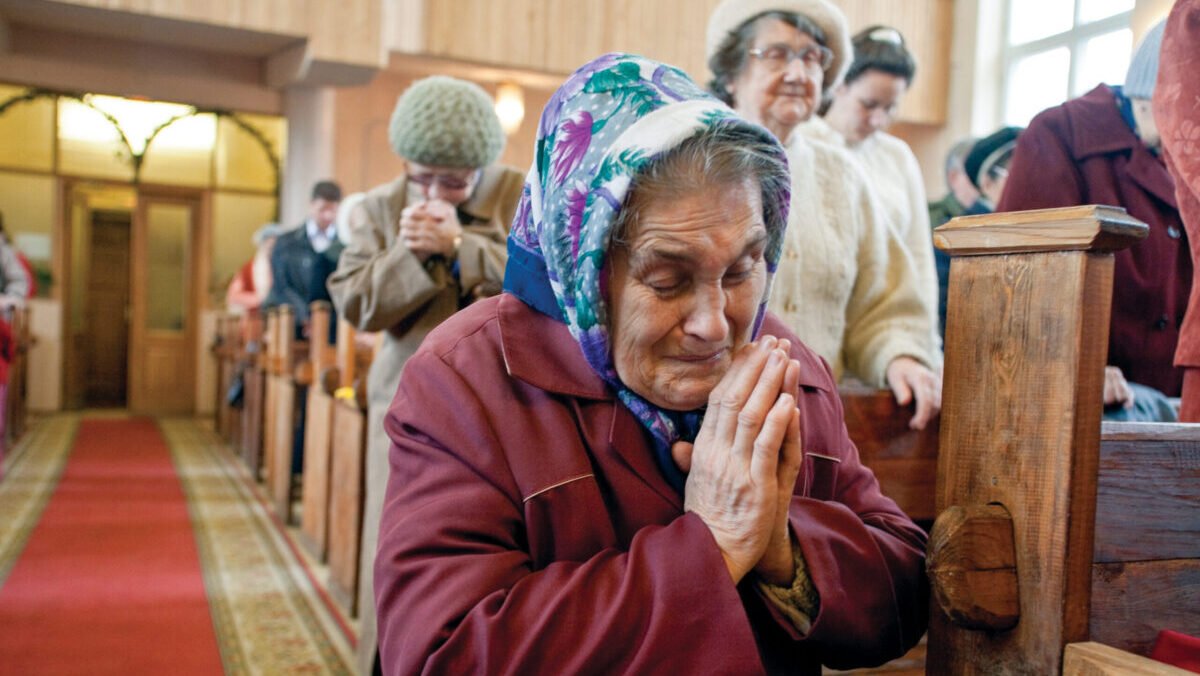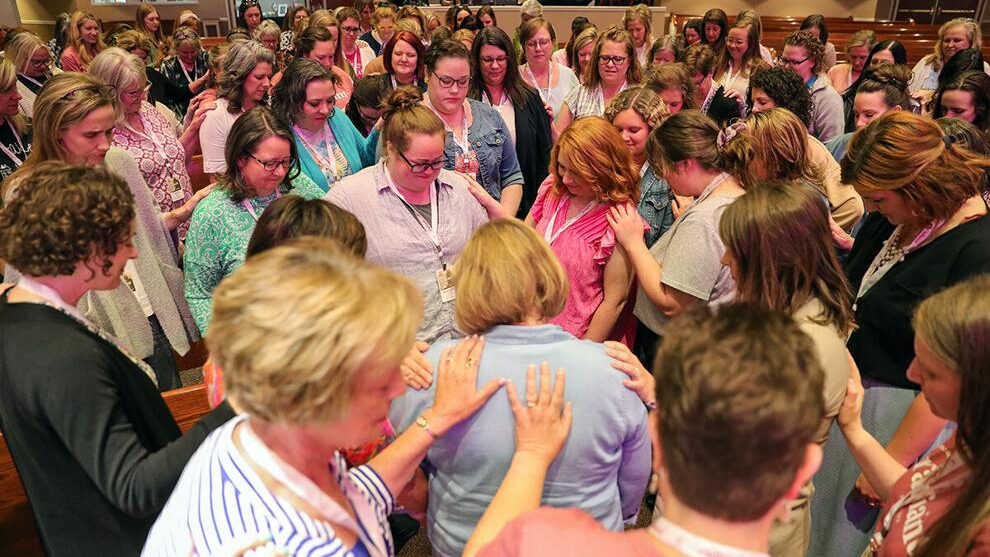PROMISED
Genesis 12:1–5; 13:11–18
With the release of the 2023 “Jesus Revolution” movie, many senior adult believers relived the period. I preached and then went to the theater to watch the movie. I mistakenly thought that many younger believers would be attracted to the movie, but I felt young again as the youngest person in the theater. I remember the era because as one who came to faith in Christ at the age of 16, I purchased a book by David Wilkerson, who interacted with the Jesus movement. The title was “The Jesus Person Pocket Promise Book” and was a collection of Bible promises by topic. The foundational promise of the Bible is set forth in Genesis 12. Human folly threatened the promise as detailed in Genesis 13.
Move (12:1–5a)
Moving is hard. God commands Abram to not only move from his land but also from his family. “Go from your land, your relatives and your father’s house.” In other words, God commands him to disconnect from his previous life at the age of 75. God commands but also gives to Abram one of the foundational promises in the Bible. God blesses Abram in order that Abram himself will be a blessing. Yet God in a sense signs His name with the repeated “I will” language. God’s command to move is to bless not only Abram but all the peoples on the earth. Like most promises in the Bible, the promise to Abram is conditional. Abram will not receive land from God until he first leaves his land. Abram has to obey, and then he will have the opportunity to bless others. Who is not being blessed because you do not obey the commands of God?
Separate (13:11–13)
Both Abram and Lot realize that the time of separation has come because of the friction between their workers and the land that is not able to sustain the families of the two men and their flocks and herds. Abram proposes a separation and offers Lot the best-watered land. Lot chooses the best and well-watered land for himself. Lot chooses the region of the cities near Sodom — a location famed for evil and immense sin. The Bible uses descriptive terms for the dominating characteristic of the residents of Sodom. They are guilty of “sinning immensely” or “excessively” against the Lord. Lot does not choose the best neighbors. Abram, however, is living in the land of Canaan — the land of promise.
Claim (13:14–18)
After Lot separates from Abram, he no longer has the godly influence of Abram in his life. God reiterates the promise of land for Abram. God commands Abram to look up and look around. Lifting up our eyes from the everyday routines of our lives and looking at God’s blessings should be a daily habit for believers. God gives to Abram and his descendants all the land Abram could see at any compass point. God’s promises of land and offspring are finally fulfilled. God promises the land, yet Abram has to claim the land by walking the length and breadth of the land. Abram settled at the famed oaks of Mamre, a name that means “grazing land.”
By Mark Rathel
Professor at the Baptist College of Florida in Graceville, Florida








